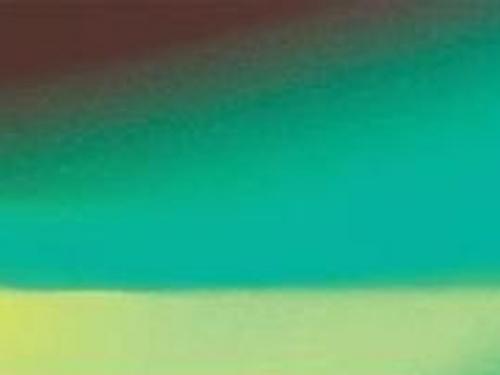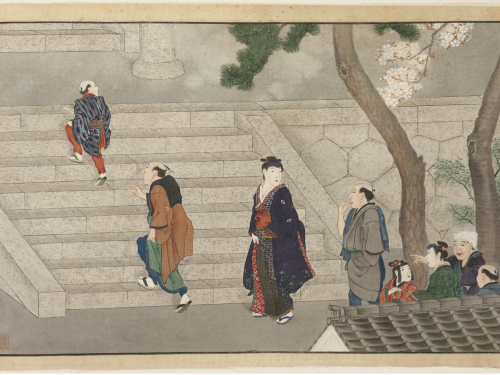
As institutions of collecting and display linked to academic disciplines such as anthropology and archaeology, we recognize ethnographic and world cultures museums as potentially playing an important role in both scholarly and public comprehensions[i] of gender and sexuality. We are interested in probing: What kind of gendered histories do we have in our collections? If much of the way we learn to feel, act, or be hijra, kinnar, fa’fafine, trans, female, and male comes less from what we have been told than how we interact with our surroundings—people, objects, and built environment—then it behooves us as ethnographic museums to attend more carefully to what the objects in our collections can tell us about how gender is understood across the world, and across and through differing temporalities: outside of so-called ‘Western’ paradigms that give primacy to the dualistic nature of gender (i.e. male/female), but also in dialogue and in resistance to this often oppressive prototype.

